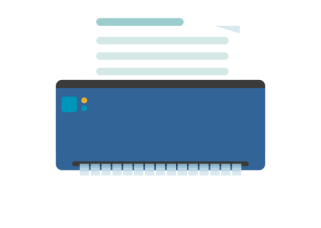
Quicklinks
Top Results

As you sit down for your annual financial review, be sure your accounts’ beneficiaries are up to date. This will ensure your loved ones will be covered and your final wishes will be followed.
Why is it important to update beneficiaries?
There are two good reasons to update your beneficiaries on both your accounts and in your will. Keeping this information current ensures:
- your assets will go where you want them to go, whether to one or more individuals, a charity, a trust, etc. By law, the beneficiaries (including people, trusts or charities) listed on your account forms will receive your assets, regardless of what is listed in your will. So be sure all beneficiary designations between your will and your accounts match.
- you can prevent the time-consuming and potentially costly probate process for your family later.
How do you know when to update your beneficiaries?
There are a few situations that may prompt a review of your beneficiaries:
Benefits renewal period. Your employer may require you to review your beneficiary information form and re-confirm who you have chosen to receive your employer-sponsored assets.
Job change. If you change jobs, you may need to roll over your retirement account to your new employer or into a new retirement vehicle.
Life change. Any time there is a major life change — birth, death, marriage, divorce, new job, new home.
Estate planning. If you recently updated your will, check that your beneficiary designations there match all financial documents including life insurance policies and financial accounts.
Remember, beneficiaries listed on your various accounts will overrule what your will says. And because life is unpredictable, it is also a good idea to name one or more secondary beneficiaries. This may help eliminate confusion in case a primary beneficiary dies.
Outside of important life events, plan to review your beneficiary forms at least once a year.





